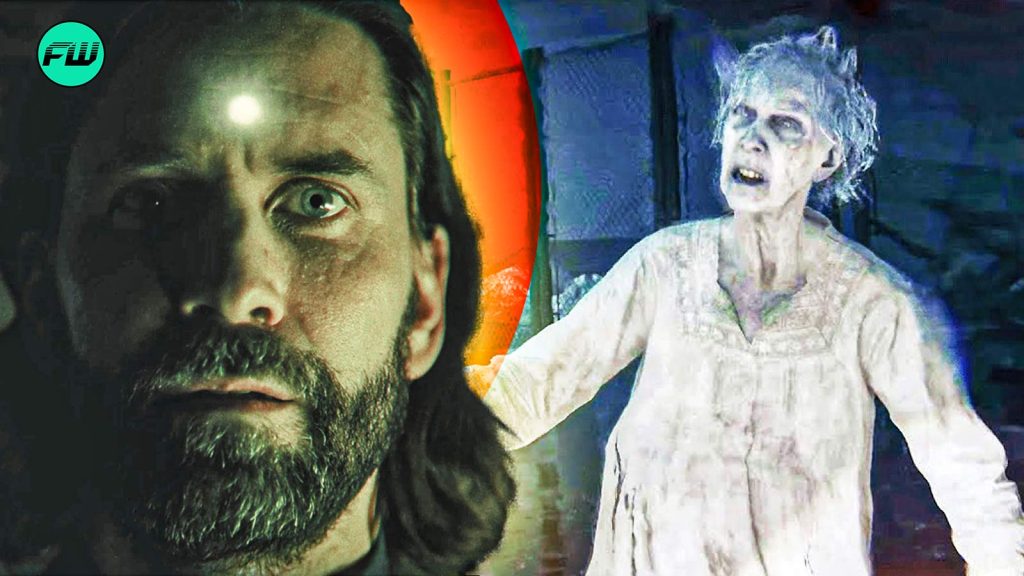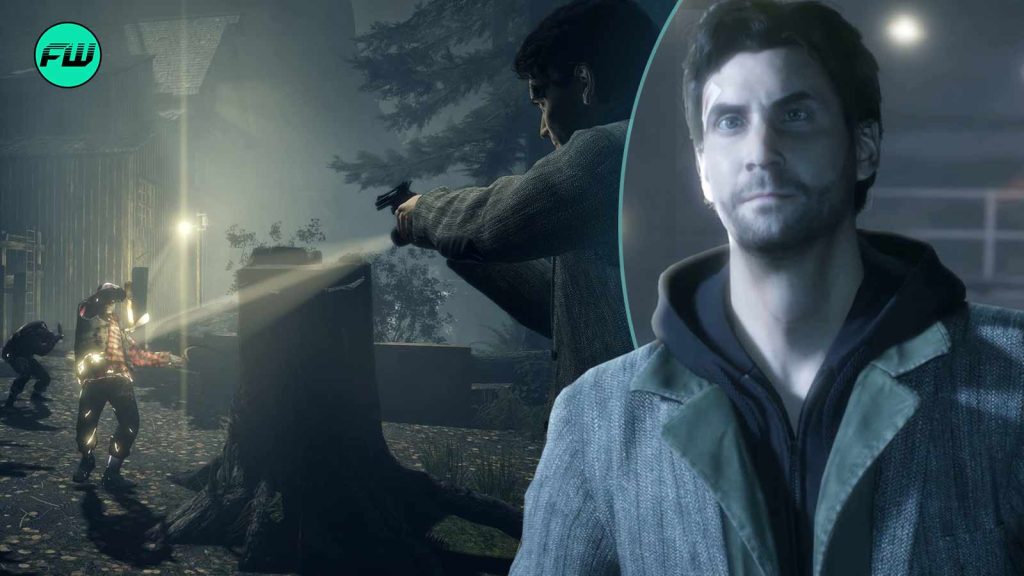“Our ambition is to grow them into franchises”: Alan Wake 3 Might Still be Happening, But Remedy CEO’s One Condition is a Major Uphill Task
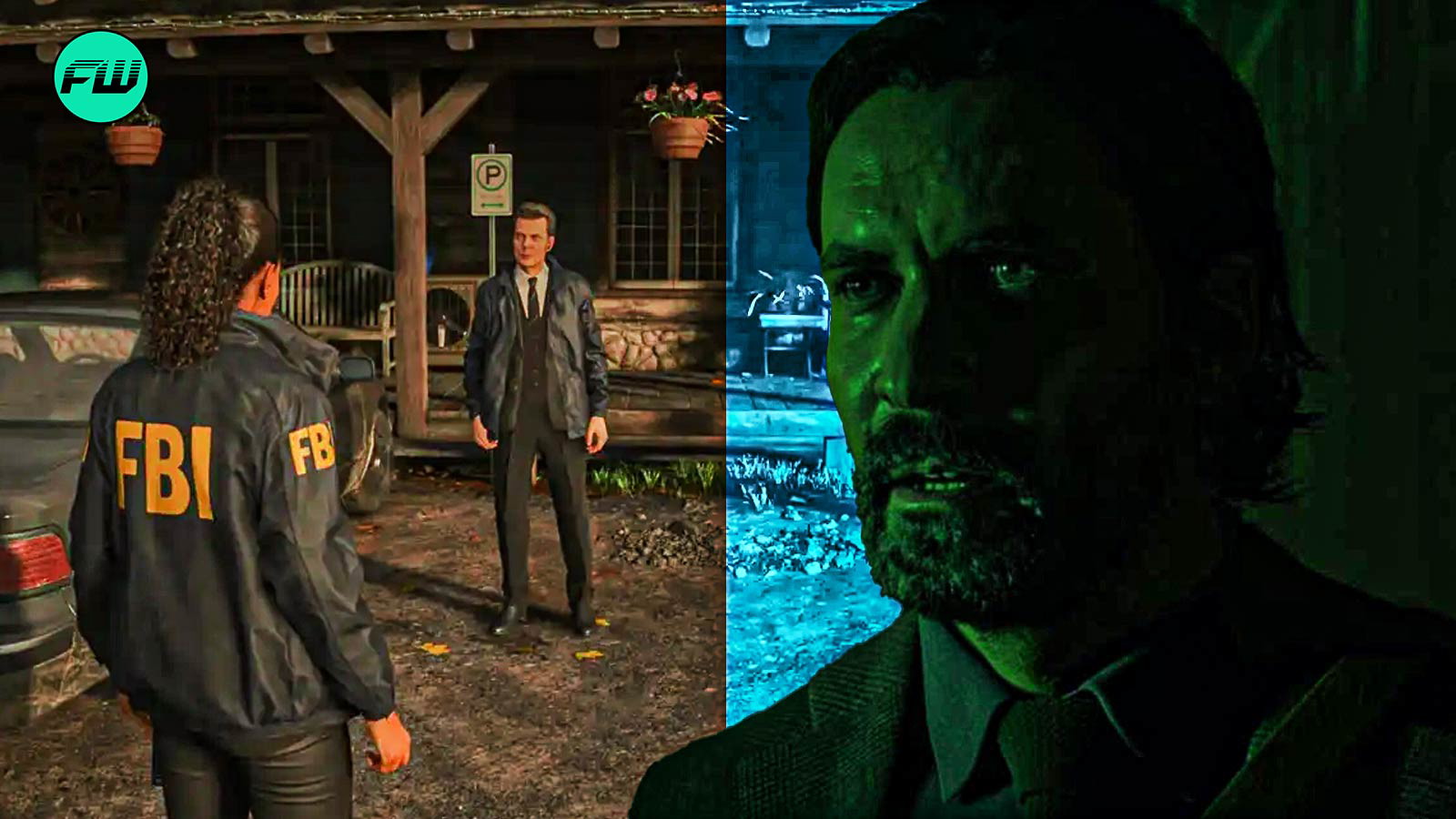
With Alan Wake 2 finally breaking even in sales and recouping most of the investments poured into Sam Lake’s dearest project, things look a little brighter than before for the series’ future.
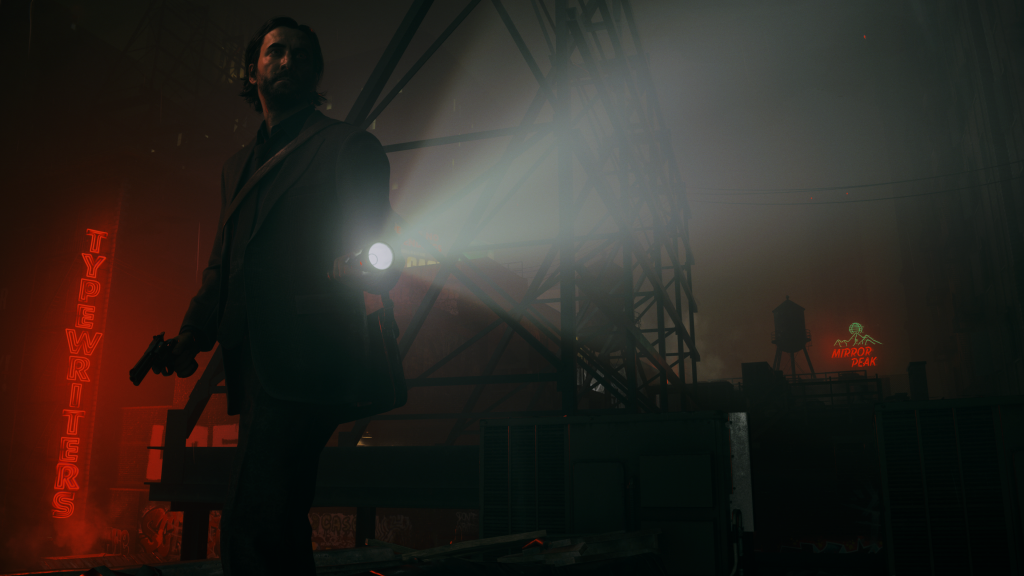
But, breaking even doesn’t equate to profitability, and with CEO Tero Virtala laying down his ambitious plans for the company, one cannot help but wonder whether the studio can jump past one of its biggest hurdles and achieve the success that it has long deserved.
Remedy’s CEO Wants Future Alan Wake and Control Sequels to Generate Profits and Revenue for the Company
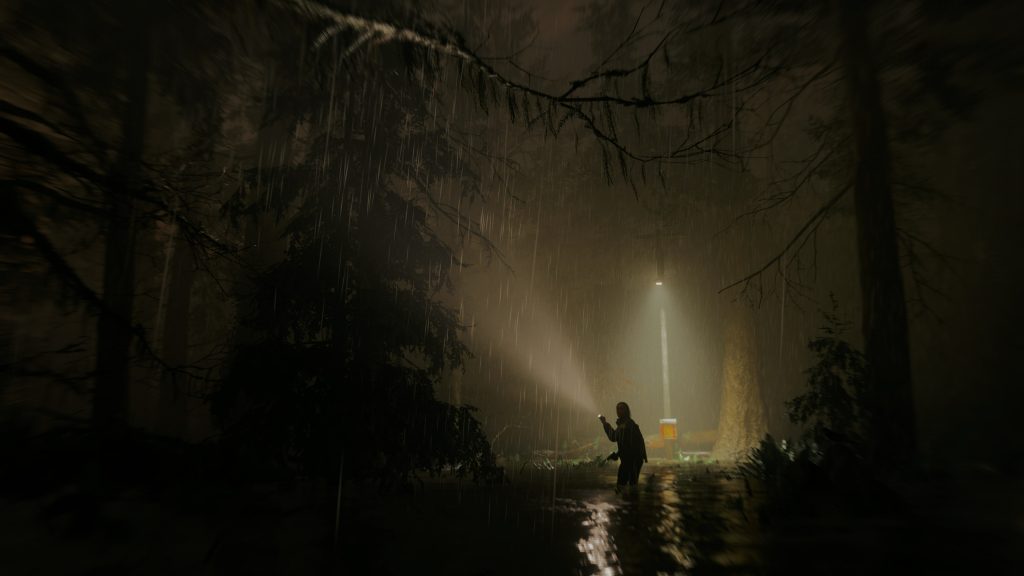
When it first came out in October, Wake’s second fight against the Dark Presence was an emotionally charged thriller that took the best elements of its predecessor and evolved them into something dark, evocative, haunting, and, most importantly, memorable.
With its exceptionally crafted story and innovative mechanics, there’s no wonder why the game was a major contender for the award of Game of the Year. It’s an extraordinary experience that Sam Lake and his team could have produced.
That said, the game’s financial side tells the story of a game’s failure to generate profits for its company. As reported by the studio in its half-yearly report, its latest title has only recently managed to break even in sales.
This strikes a particular concern – in its financial statements, CEO Tero Virtala spoke on how the team see both Alan Wake and Control as major franchises now, and wants to deliver newer entries at a set frequency. He further elaborated on this by saying:
“With Alan Wake and Control, we now have two established franchises, and our ambition is to grow them into franchises that have high brand recognition, steadily growing user base, more regular cadence of sequels, and an ability to generate revenues and profits at a high level.”
The concern, then, is twofold – not only is going to run the risk of drying Remedy’s well of creativity with such frequency, but artsy games like the studio’s often face a difficult battle in the commercial landscape, where live-service models and microtransactions drive much of the industry.
Considering that, while Remedy will continue to stay afloat for now, the same way it did after the release of Control, making that profit line go up still feels like a pipe dream.
So, As good as Alan Wake 2 is, its future—and by extension, that of Alan Wake 3—hinges on whether Remedy can break through these commercial barriers. For now, Virtala’s ambitions for regular sequels rest on the “if” of profits.
No Matter the Sales and Profits, Remedy Deserves to Continue Their Franchises if They So Desire
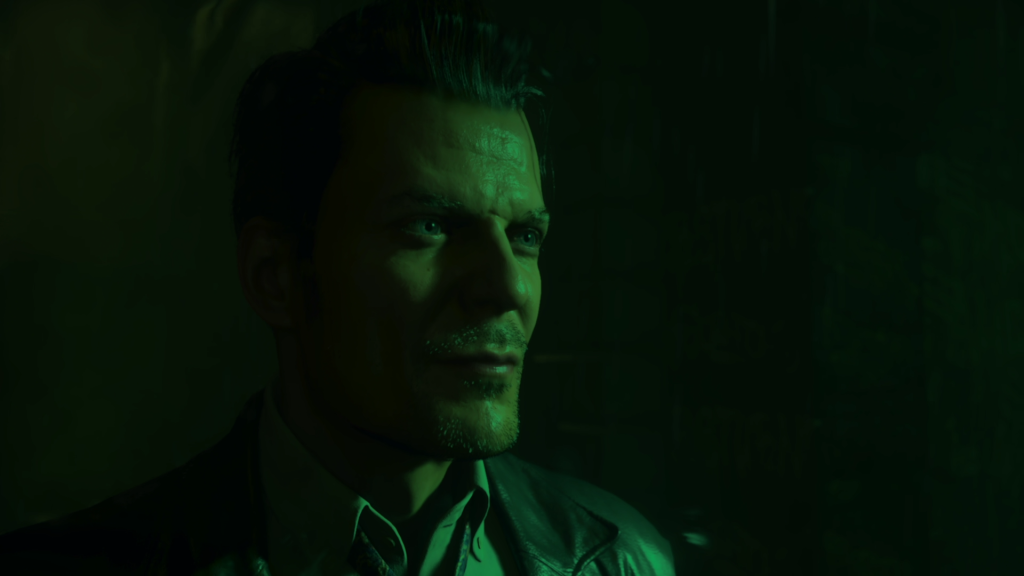
Money talk aside, there isn’t a doubt in anyone’s mind that Remedy deserves the chance to keep pushing forward with its franchises. After all, they remain one of the few bastions that has actually taken the industry in new and innovative directions, with Alan Wake 2’s sheer artistry being the prime example of this.
Fans need to hold on to hope for Remedy’s future success, whether it be with its collaboration with Annapurna, the Max Payne remakes, Control 2, or any other venture the team takes on.
For a more short-term solution, we’ve said it before and we’ll say it again – releasing their latest title on Steam, where the game would reach a larger audience, could be another key move in helping it turn a profit and giving Virtala enough motivation to go full steam ahead with new projects.
Ultimately, though, the artsy side of gaming deserves to stay alive under the care of developers like Remedy, even if such experiences stand in stark contrast to the current state of the AAA industry, where profit-driven mechanics often outweigh quality.
With all that said, what are your thoughts on this? Would you like to see the studio’s IPs become a proper franchise in the future? Let us know in the comments below!
This post belongs to FandomWire and first appeared on FandomWire



